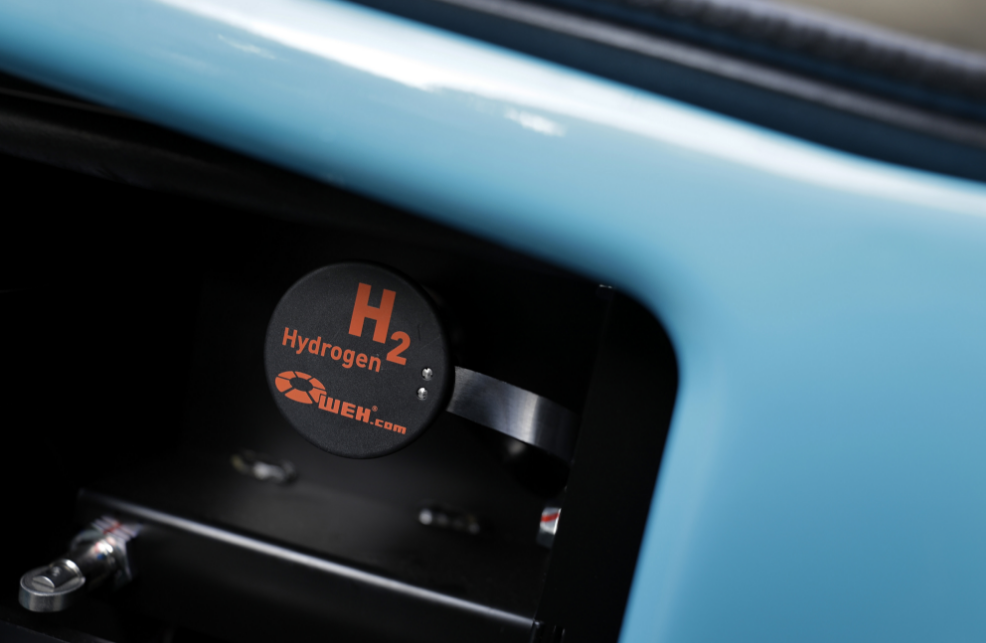
High shipping costs could prevent green hydrogen produced in Scotland from being exported globally.
Transporting the fuel on an international scale would incur significant extra charges, meaning it may not have a market outwith Northern Europe, said Graham Barton, senior field development study manager at Xodus Group.
He added that while hydrogen has the potential to bring “fresh value” and new jobs to the oil and gas supply chain, it is not a “silver bullet”.
According to research carried out by Xodus, hydrogen produced by offshore wind will cost around £2 to £3 per kilogram (kg) by the early 2030s – solar hydrogen is expected to be around half of that.
Mr Barton said exporting the fuel via pipeline to Europe could add “as little as half a pound a kg”, but if it has to be shipped, transportation costs could “easily rise” to as much as £5 a kg.
As such, Scotland could compete “within a Northern European context”, but Xodus doesn’t picture its export market extending “much further than that”.
Speaking during a MapStand webinar held yesterday, Mr Barton said: “Scottish green hydrogen is currently expensive and it’ll likely always remain more costly than alternative forms. Beyond the headline grabbing figures, we mustn’t forget to the add costs of storage, transportation and distribution – all of which can be significant.
“We must acknowledge that there are efficiency downsides to hydrogen which prevent it from being a silver bullet but there are applications where molecules will remain better than electrons. We believe hydrogen can and will grow substantially over the coming decades.
“The offshore wind industry, and indeed the whole history of the North Sea oil industry, has shown the pace of change that can be achieved once momentum is established and ingenuity is fostered.”
The North Sea has been earmarked as a future “renewables hotspot” due to its enormous offshore wind potential and existing oil and gas infrastructure.
Several green energy projects, such as the Acorn carbon capture and storage and hydrogen project, are examining using pipelines, which are currently tied up in the production of hydrocarbons.
Mr Barton said deep water ports and oil and gas terminals are “readymade hubs” which can be repurposed to “facilitate hydrogen production and export”.
He stressed the need for the industry to be “realistic” about using existing infrastructure though, with age likely to present a number of challenges, including “hydrogen embrittlement”.
He added: “Rates of a few billion cubic feet a day might be the target (for green hydrogen production) and a new dedicated pipeline, maybe from St Fergus to the German coast, may well represent the most effective, long-term transportation option.
“Xodus is currently looking at these and other opportunities in collaboration with the OGTC and the Offshore Renewable Energy Catapult.”
Recommended for you

